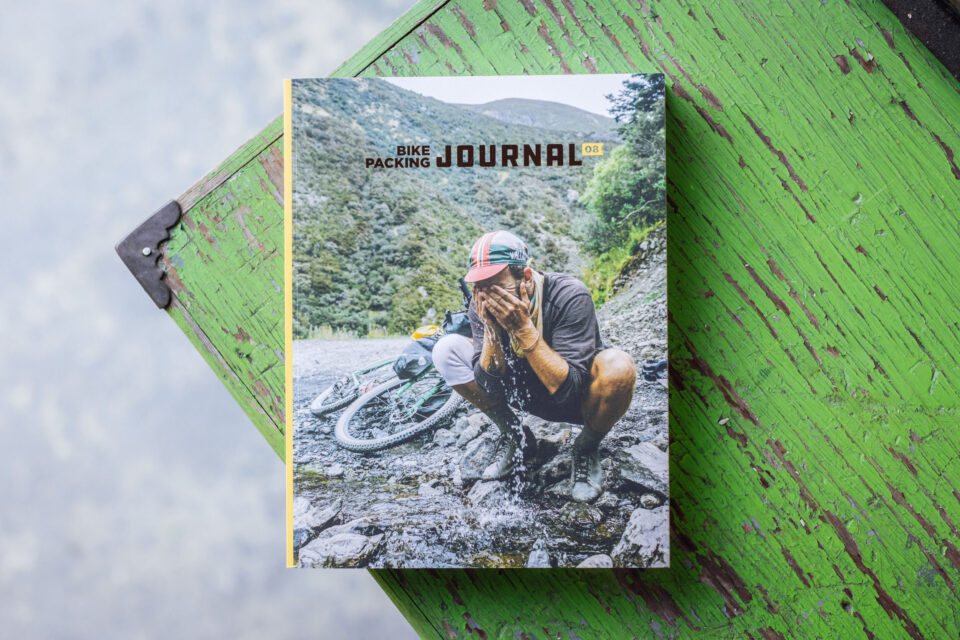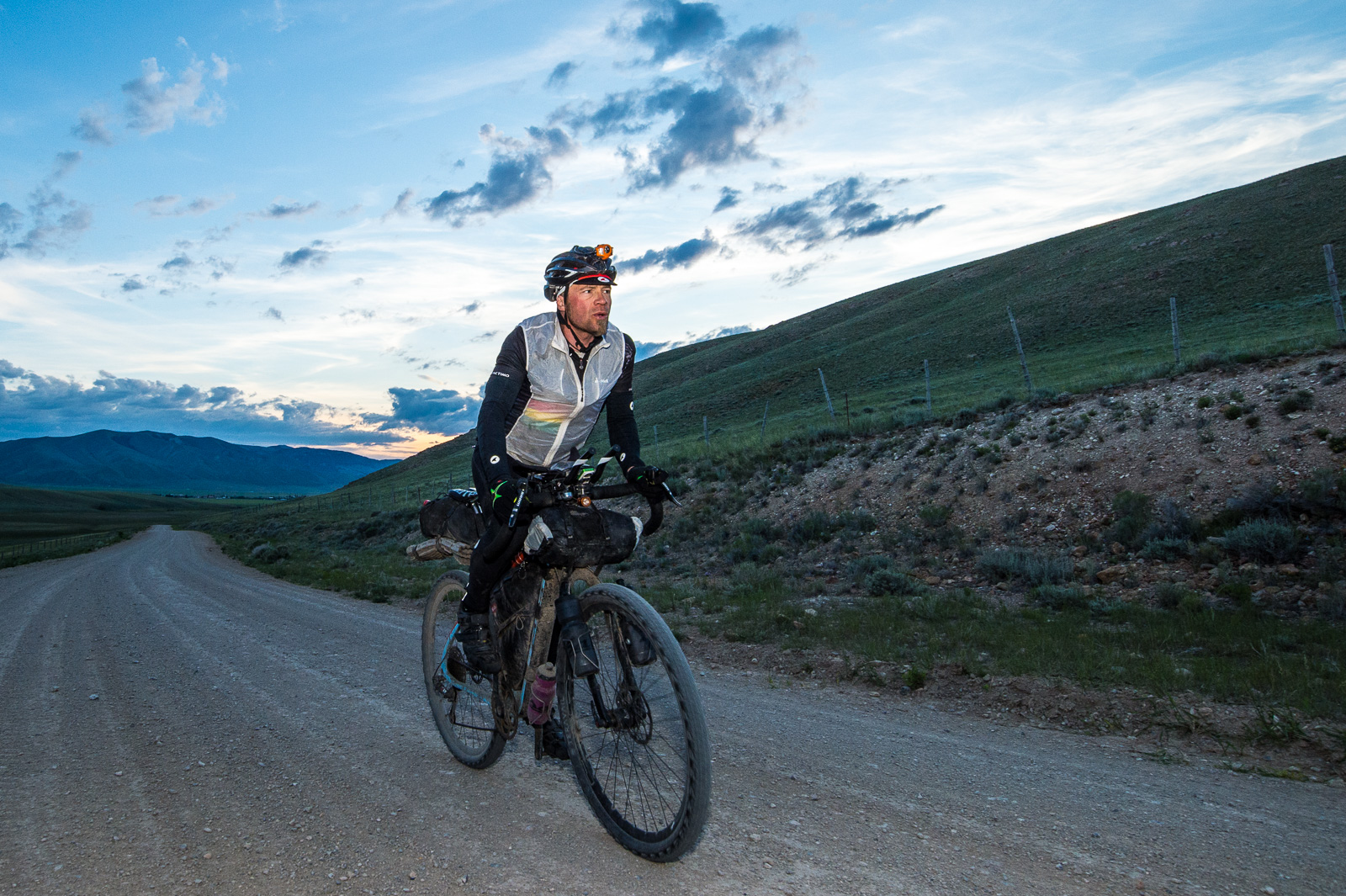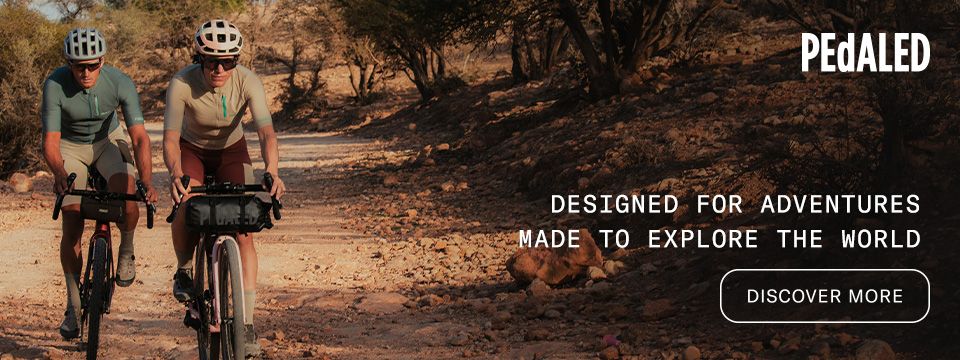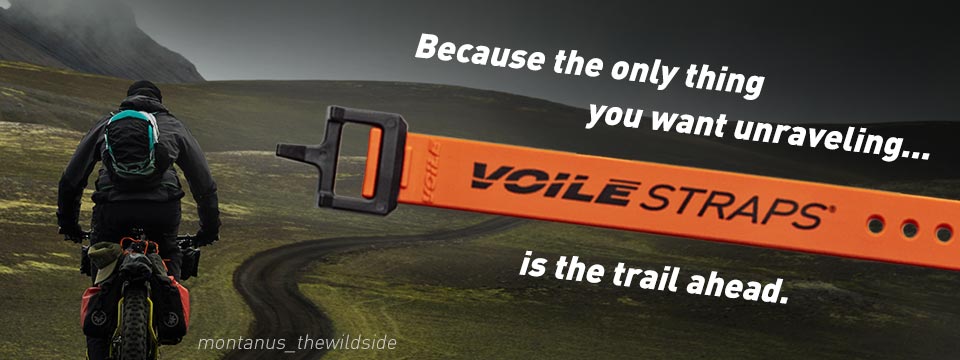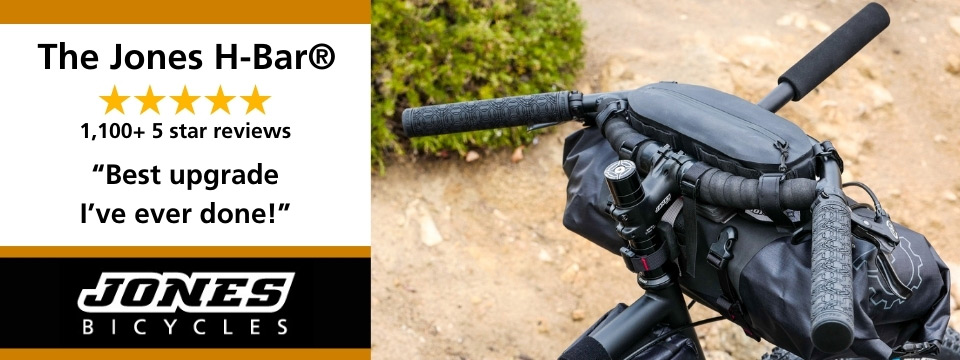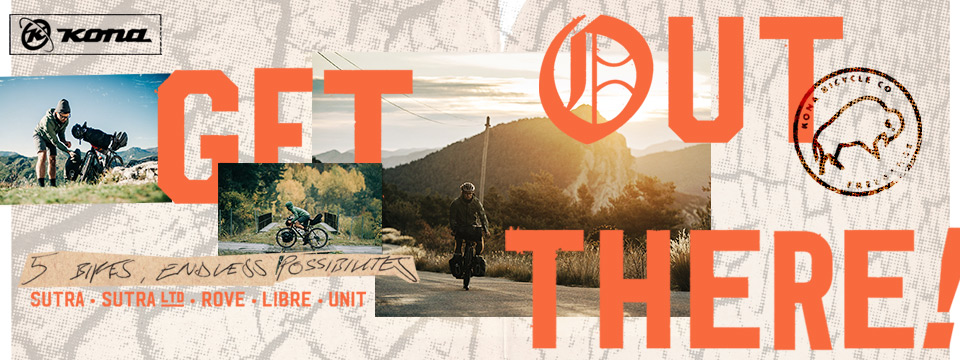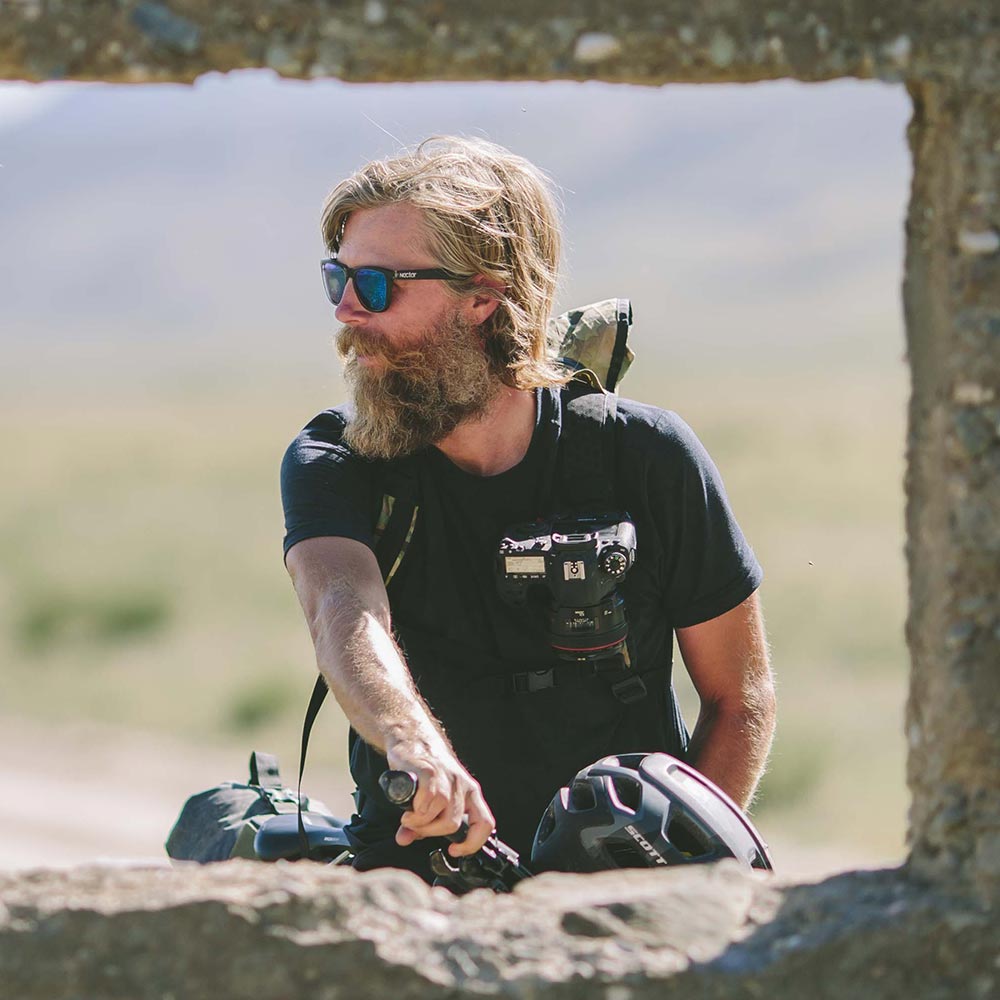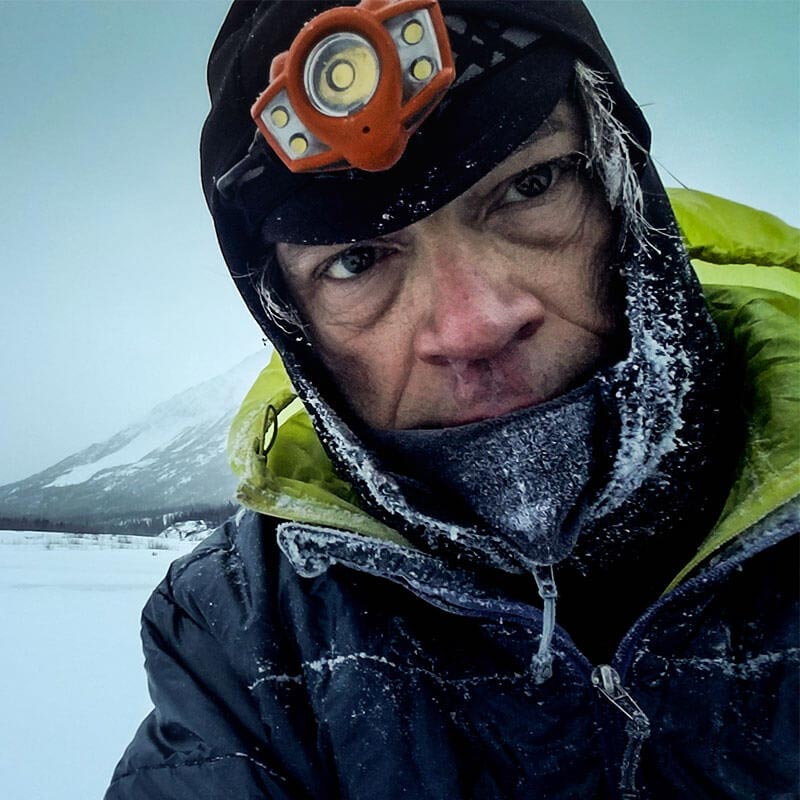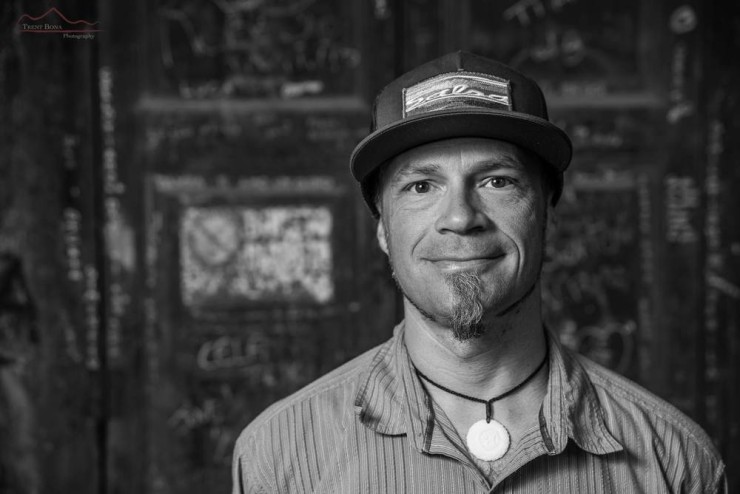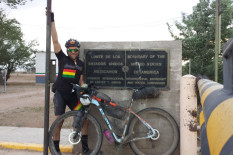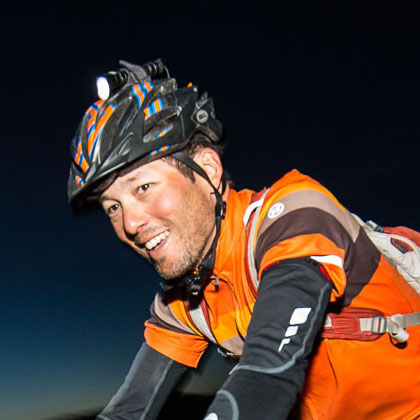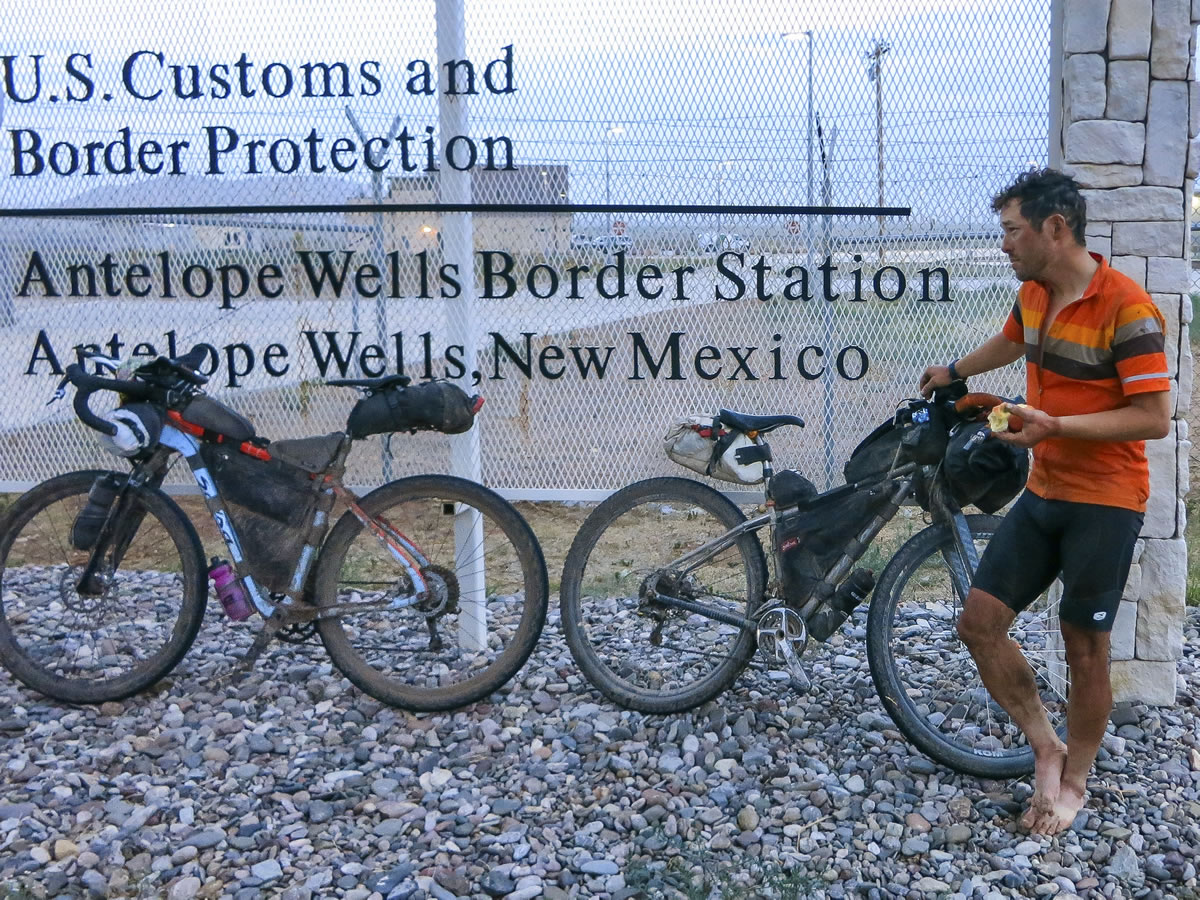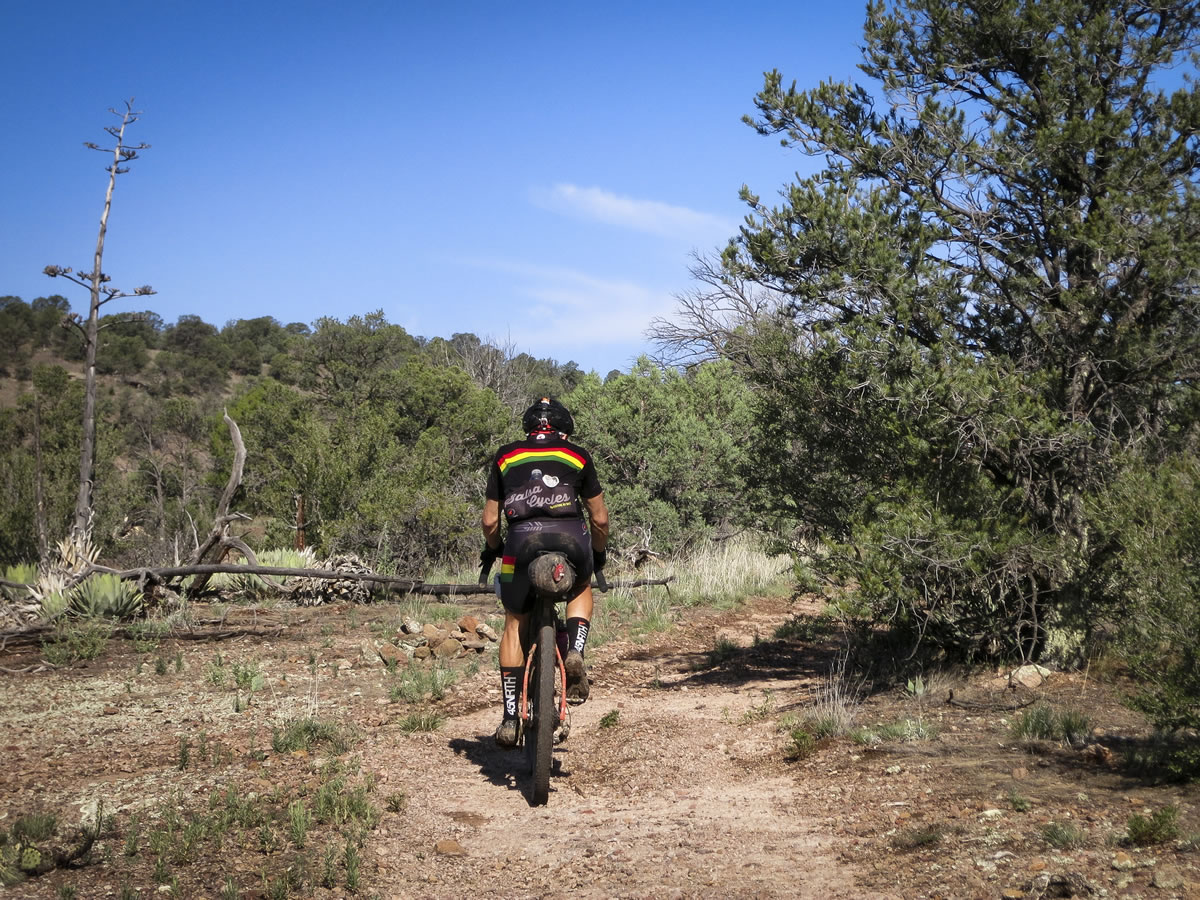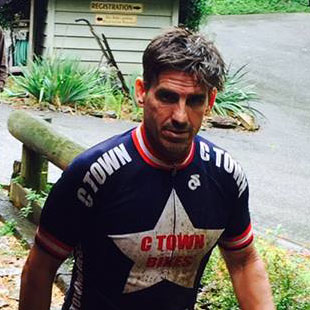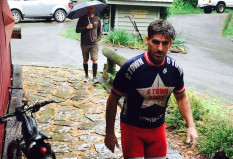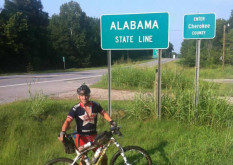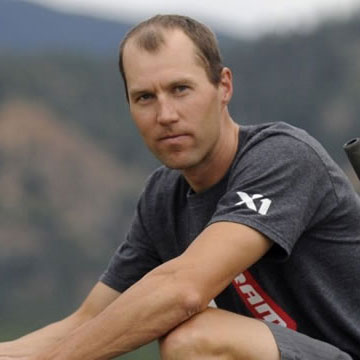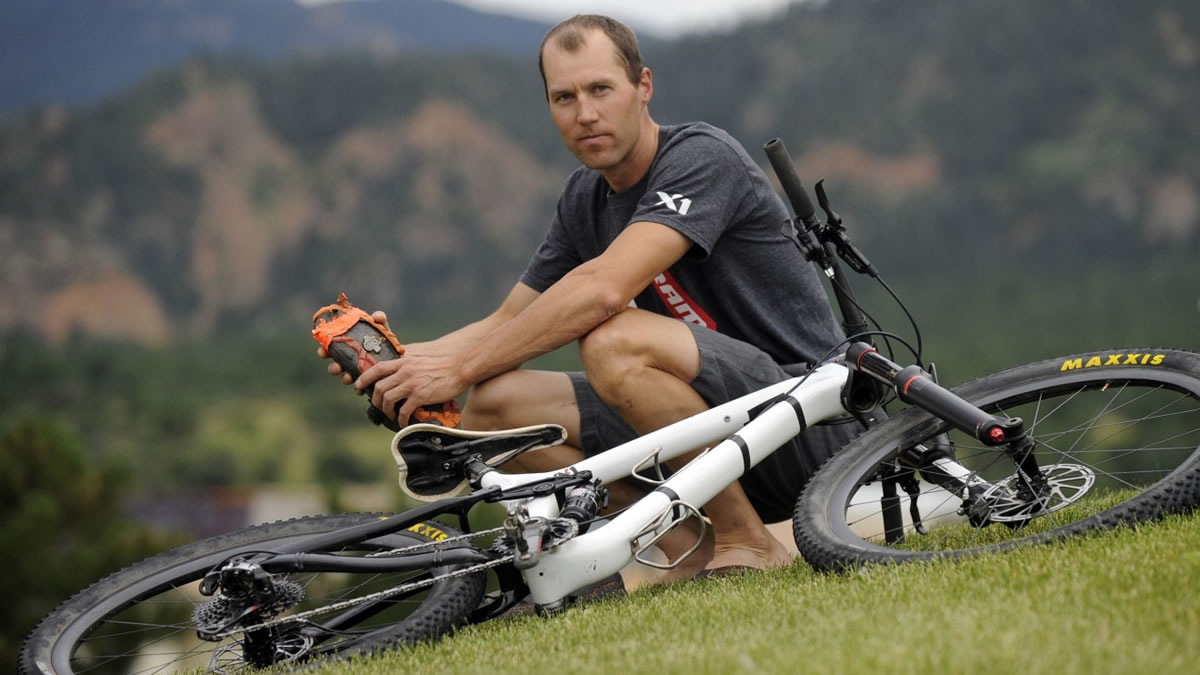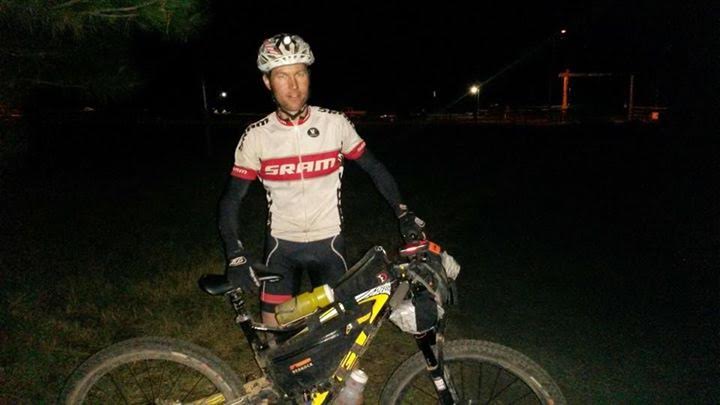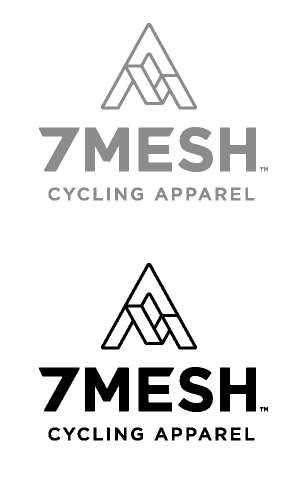Old Guys Finish First
Share This
What’s up with all the old dudes winning ultra-endurance bikepacking races? Okay, let’s rephrase that, “experienced gentlemen.” It’s inspiring to see guys, who have traveled well beyond youth’s boundless vitality crushing races such as the TNGA, the Tour Divide, and the Colorado Trail Race. We caught up with several seasoned bikepackers to ask their secrets…
There’s a widespread perception that elite athletes reach their prime in their mid 20s to early-mid 30s. Depending on the sport, the age of peak performance may be on the younger (~21 years for swimmers) or older end (~32 years for triathletes) of this spectrum. There’s no doubt that our maximum aerobic capacity declines with age; maximum heart rate declines by about one beat per year. One would think, then, that all athletes should peak at approximately the same age. As it turns out…
The specific demands of a particular athletic challenge define the age of peak performance. Athletic tasks requiring strength, speed, and explosive power reach their peak in the early 20s, while tasks requiring endurance, acquired skills, and knowledge peak in the late 20s and early 30s [1]…
Better yet, master athletes (those over age 35) seem to perform much better than their younger competitors in grueling endurance events like ultra-marathons. In one recent study, researchers determined that the age of peak performance in ultra-distance cycling (race duration between 27-29 hours) was approximately 39 years. [2]
So, what’s the secret?
Some say it’s a mental game. Maybe a well-aged mind brings out true backbone and seasoned grit. Maybe it’s a drive to the end that’s amplified by time. We thought it best to go straight to the source for answers. We caught up with the best of the best in the bikepacking world to ask how it’s done. Here’s what they had to say:
Jay Petervary is 43 years old and has set course records for bikepacking events around the world, including the 2,745-mile Tour Divide to the Iditarod Trail Invitational, which covers 1,000 miles of Alaskan wilderness in temps reaching -50ºF. He does this through his own recipe of experience, strength, and mental fortitude.
When did you start competitive cycling?
I’ve been racing bikes for just over 20 years now. Did I just say that!?
How about ultra-endurance bikepacking?
Since 2006. But before that I was way into 100 mile events and 24-hour stuff. And before that I did multi-day Adventure Racing for about 10 years. So, I guess I was an endurance racer for all those 20 years of competitive cycling.
What draws you to these types of events?
The adventure and the mental and physical challenge. I really love learning about myself and I’m always trying to push myself further to figure out how far I really can push myself. There are a lot of parallels that can be made to everyday life that I learn while racing and I like that too. These events teach me more about life than any school or person can.
Which long-distance bikepacking races have you finished in the top 10?
I’m not one to brag… but how about every single one of them. Quickly counting, I can add up over 20. Tour Divide x5, Iditarod Trail Invitational x8, Arizona Trail x2, Colorado Trail Race, Stagecoach 400 x2, Fitz-Barn x2, ITT on the RAAM route. The list goes on.
Again, not suggesting you’re old, but do you feel that being ‘older’ gives you an advantage?
Yeah, lets not say older and use words and phrases such as experienced, wise, mature, in tune with your body more, patient, know more now than I did yesterday, and mentally stronger. It’s the nature of the beast, you gain these things by getting older.
Is it strictly a mental advantage? Or physical?
As that older person, I think I have been able to maintain, with a little more work, the same fitness as my peak times of my 30s, but my mental game is always getting stronger.
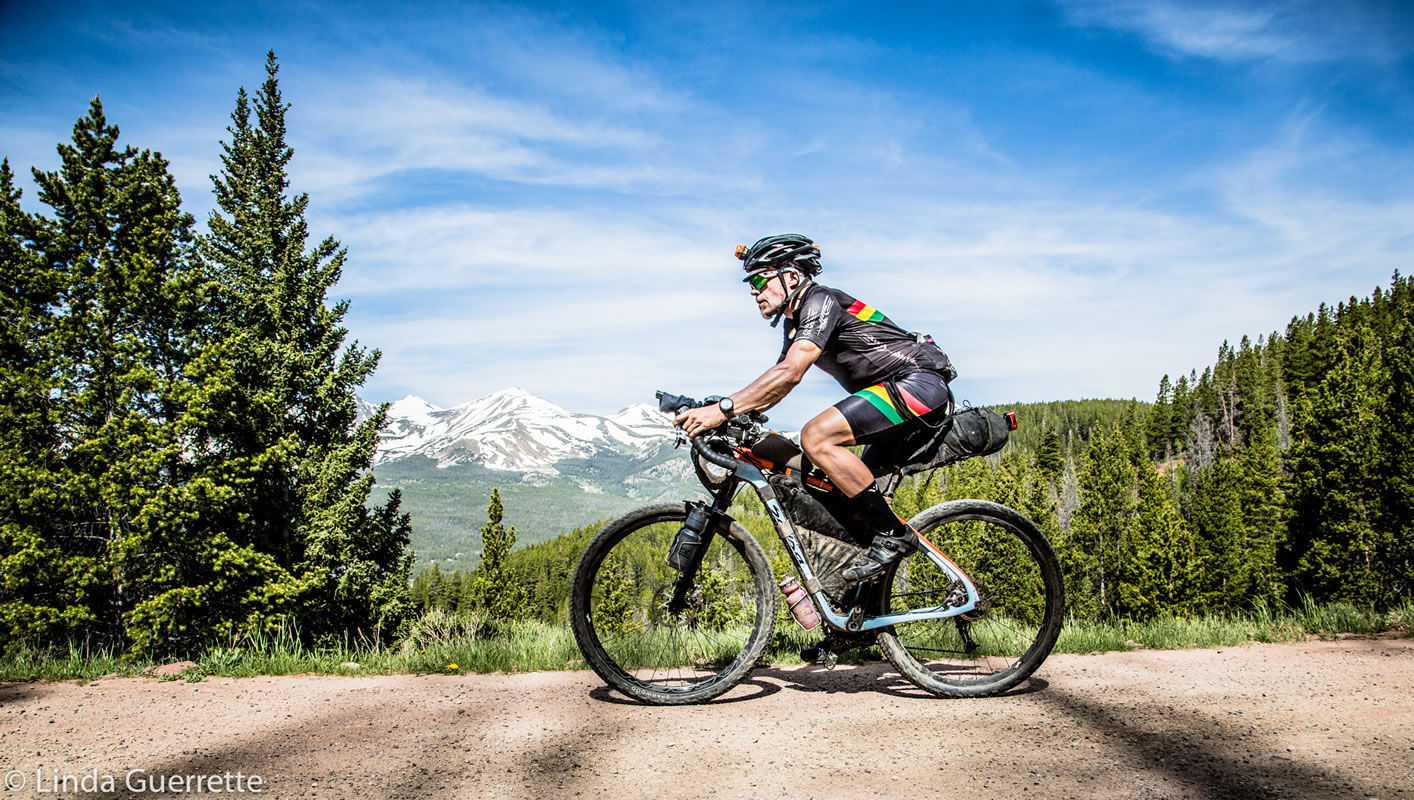
Typically, people start to experience creaks, breakdowns, and general body fatigue from the late 30s on; is this the case for you?
Typically is the key word, and only if you let it. Again, mental strength can get you through injuries, I believe. I often don’t like to admit or talk about my injuries out loud. I talk in my head about them. Once you start voicing them, that’s what you concentrate on and it just seems to resonate in your brain and get worse. I hate to say ignorance is bliss, but it has been for me. I did the ITI with a broken ankle one year (and won) and a snapped ACL another. I recently just got off the Colorado Trail Race with a stress fracture in my leg. The only people who knew about this stuff were my doctors and wife, who all think I am crazy, but I succeeded at all the events and have recovered and am healthy today. I don’t do this stuff dangerously I really concentrate mentally on the inside and try to heal my injuries naturally. I now believe I heal quicker on the trail then I do sitting at my desk. It’s my way of doing PT.
How long do you see yourself racing in events such as these?
I don’t see myself any other way… until the day I die! Nowadays it is easy because there are others who are much older than me doing this stuff, and that only keeps me motivated. It’s a “if they can do it, I can do it” type of thing.
Feature photo by Eddie Clark Media; Black and white portrait above by Trent Bona; center photo by Linda Guerette.
Josh Kato is a 40-year-old full-time nurse from Washington state. Josh recently won this year’s 2,745 mile Tour Divide and set a new course record of 14 days, 11 hours, and 37 minutes.
When did you start competitive cycling?
Well, being 40 I’m not sure I can remember that far back… My first bike race was at age 10, I think. It was a road race. It was very odd that we even had a bike race in my little hometown back in 1985, but there was a small and very passionate group of roadies. I was by far the youngest competitor. The event probably had a total of about 25 people so we all raced together. I recall riding with one of racers who, at the time, I considered “elderly.” Mr Finch, I think he was 50ish. I raced off and on until I was about 18. Road and mountain. We lived a long way from most races and didn’t have much money, so mostly I just raced myself on the endless country roads where I grew up, dreaming of the big races. My last bike race before becoming an old ultra rider was in 1999. I got dead last.
How about ultra-endurance bikepacking?
Well, my first ultra race was the 2014 Tour Divide. I didn’t finish. My wife and I got into bikepacking in 2009. We rarely went more than 70 miles in a day. I learned of the Tour Divide and subsequent ultra races by reading on Salsa Cycles website about Joe Meiser doing the race. That really got me thinking about doing an ultra-endurance bikepacking race. I also read the book Born To Run, which further intrigued me about doing an ultra event.
What draws you to these types of events?
The donuts. Man, you can eat a lot of donuts during one of these races! Oh, and the guilt-free post-race beers. I also really like the more relaxed format of these type of events. It takes me back to the infancy of mountain bike races in the early 80s. I loved racing back then! Just a group of goofballs wearing neon lycra tops and jean shorts out doing what they enjoyed, all the while pushing their personal limits. It was the love of the ride that got us all out there. However, probably the number one reason for me is the internal dialogue that occurs when I’m on the bike for hours and hours and hours. It’s a different narrative than I’ve ever experienced elsewhere.
Again, not suggesting you’re old, but do you feel that being ‘older’ gives you an advantage?
I’m definitely no expert, but from my observations age does seem to be a benefit in ultras. First, these things take a lot of money. I can’t imagine trying to fund my own Tour Divide on a fresh-out-of-college budget. Secondly, I think as we age we see with great acuity that the end of life is rapidly approaching. We gotta get out there and do something, and do it fast. Third, as we age we get a bit sneakier.
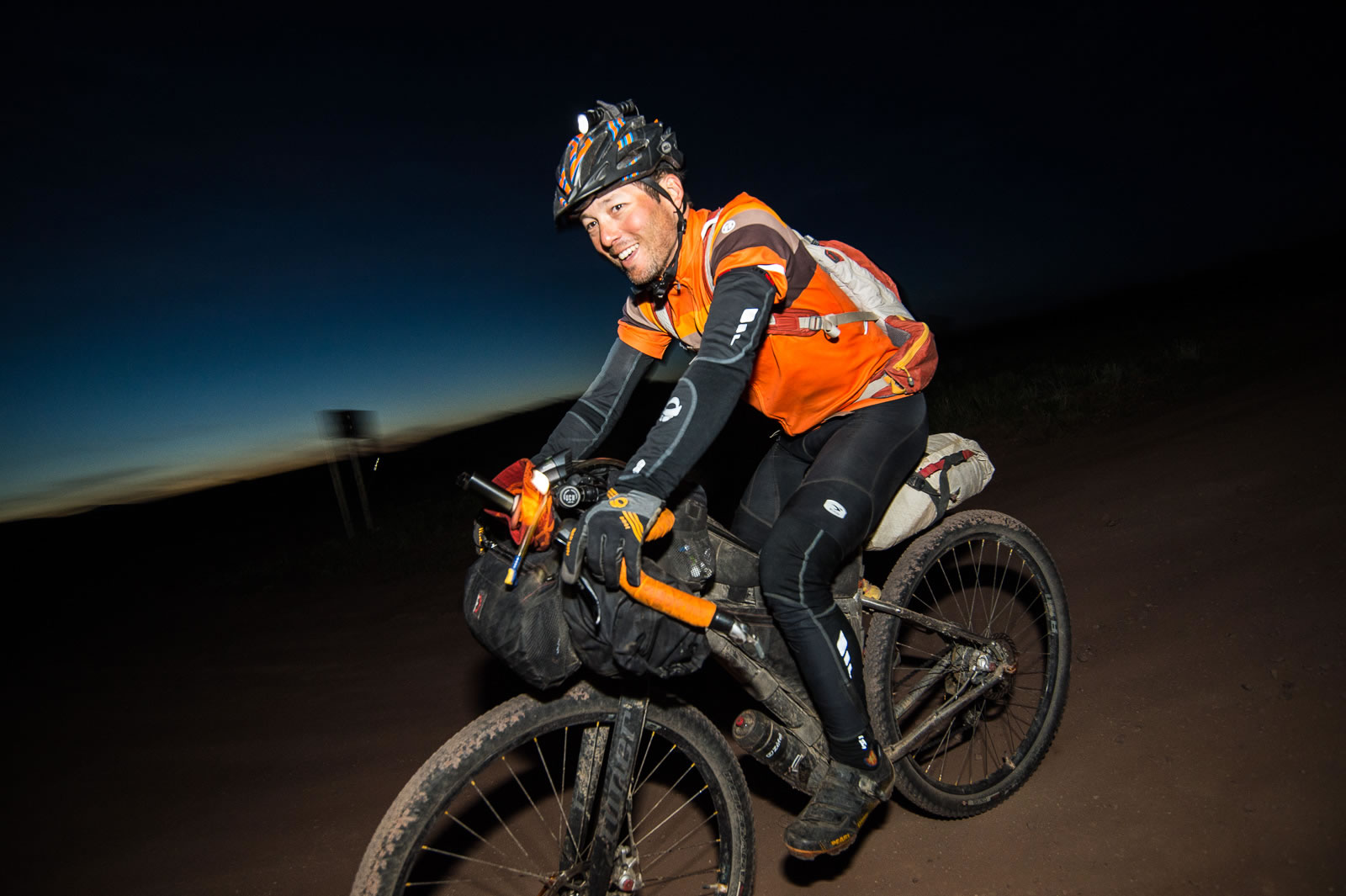
Is it strictly a mental advantage? Or physical?
Well, I know for sure that I have more endurance now than I did when I was 21. Of course, I’ve taken the time to develop that in my riding and I drink a bit less beer now than when I was 21. When I was young I focused solely on speed. Now I focus on the journey. For me it’s much easier to go far when I see the whole world around me. Happiness, joy, and intrigue can beget miles. As we age, I think it’s easier to ignore one’s self and focus on important things. Important things such as far-off rain clouds, sunsets, and pie. I’m not saying younger people are dense or anything, but they are often less full up of the things of life. There is less room for your pride, ego, and ambitions when you are older. Those things are super heavy. Traveling light is important. I think about the small legion of “ancient” (over 55) ultra-endurance riders out there. They travel the lightest and likely take the most with them at the end.
Typically, people start to experience creaks, breakdowns, and general body fatigue from the late 30s on; is this the case for you?
Oh, my body definitely knows it’s been around the block a few times. I played in the mountains way too hard when I was younger and my body has definitely paid the price, but I don’t think it necessarily affects my racing in a negative way. Maybe it’s just that I’m getting used to all the aches and pains and lack of flexibility. Whereas when I was 20 any abnormal sensation was exacerbated because it was new. After you’ve dislocated a shoulder a few times it just seems sort of routine.
How long do you see yourself racing in events such as these?
As long as I can still hear my internal dialogue and most importantly as long as I keep having fun doing them. Being able to get time off from work is also important.
Top photo by Eddie Clark Media.
Only a couple of weeks ago, 49-year-old Chad Hungerford from Loganville, GA, finished the 342 mile (550 KM) TNGA route in 2 days, 1 hour, and 40 minutes. An incredible time considering a deluge of rain, not to mention the sheer difficulty of the route with over 50,000 feet of climbing!
When did you start competitive cycling?
I started riding in 1993 at age 27. I was 205 pounds when a coworker asked me if I wanted to ride bikes from downtown Miami to the end of Key Biscayne and back. That was the day I got hooked. About two months later I entered my first XC mountain bike race and the rest is history.
How about ultra-endurance bikepacking?
The 2012 TNGA was my first endurance bikepacking race (ride for me). I was totally clueless and had no idea what I was doing. Did not even come close to finishing. I’m still trying to figure this ultra endurance thing out.
What draws you to these types of events?
I just love to be on my bike. I enjoy pushing myself to my limits and beyond. Also, the completion high is better than any drug or alcohol I’ve ever tried. It gives me an escape from all my responsibility as an adult and lets me be a kid at heart for a moment. I love life, but It’s really hard at times. Riding is easy!
Which long-distance bikepacking races have you finished in the top 10?
2012 TNGA: DNF. TNGA 2014: DNF. 2015 TNGA: 1st.
Again, not suggesting you’re old, but do you feel that being older gives you an advantage?
I am old, but I feel 25. Yes, I do think it gives me an advantage. Older guys have lived a lot of life with lots of ups and downs, we’ve learned to cope with our emotional highs and lows. We seem to stay level no matter what is going on at the moment. That translates to these long rides and races. We have a lot of patience and time goes by faster, so we seem to be able to just turn the pedals for longer periods of time than the young bucks.
Is it strictly a mental advantage? Or physical?
It’s both. The most important key for me this year was my work ethic. I was okay with being beat, but I wasn’t going to let anyone out work me this year. I mentally decided I was going to out train everyone else, then I physically did it. This summer was the first time in 22 years that I did any rides over 200 miles.
Typically, people start to experience creaks, breakdowns, and general body fatigue from the late 30s on; is this the case for you?
No. I’m feeling better and stronger than ever before. Now it does take a little longer to get going in the mornings, but that’s about the worst of it for me right now.
How long do you see yourself racing in events such as these?
All through my 50s, for sure. I’m just starting to scratch the surface on endurance bikepacking knowledge and am excited about future bikepacking adventures and races.
Photos courtesy of Mulberry Gap Mountain Bike Getaway.
Jesse Jakomait, the pup of this group, is a 38-year-old Ontario native who now resides in Colorado Springs, CO. Jesse recently finished the 562-mile Colorado Trail in a record breaking 3 Days, 20 Hours, 46 Minutes.
When did you start competitive cycling?
At 14 I raced my first MTB race, and by the next summer I was racing every weekend from May to November and never looked back.
How about ultra-endurance bikepacking?
It was much later in my racing career. My first bikepacking event was the CTR in 2010 when I was 33. I had spent 20 years racing two-hour XC races, and tried to compete in the World Championships and Olympics. But it wasn’t until I gave up on my dreams that I entertained a longtime curiosity of 24-hour races and big self-supported adventures like the Vapor Trail 125 and the Kokopelli Trail in 2006. I quickly realized how much I loved to ride all day long and the bigger the adventure the better! The CTR really called out to me and I knew I needed to experience it. But just as I was ready to enter the event I moved to Connecticut for two years and put my target on hold until I moved back to Colorado.
What draws you to these types of events?
There are so many aspects of these races that are perfect for me. I love the idea of working hard and making every second count; being way out in the wilderness, far from civilization, and the idea of only relying on oneself; experiencing the amazing views, seeing sunrises and sunsets high on a mountain top surrounded by crisp clean air and only the sound of a marmot chirping in the distance; the adventure of covering massive distances with only human power; mentally pushing myself completely to the limit and achieving something only possible by giving every ounce of yourself to the challenge; and the planning and optimization beforehand of how to survive with the least amount and lightest gear possible. It’s an enormous rabbit hole and I love every part of it!
Which long-distance bikepacking races have you finished in the top 10?
CTR is the only bikepacking race I’ve competed in, and with five starts since 2010, my results were 2nd, DNF, 3rd, 2nd, 1st.
Again, not suggesting you’re old, but do you feel that being ‘older’ gives you an advantage?
Endurance increases with age is a pretty common notion with endurance sports, and there is a maturity and experience required for planning and executing a multi-day race with high efficiency. I took me quite a few years to figure things out, from simple things like the best way to purify water, establishing a sleeping gear system, to optimizing food to carry for two-days stretches. I think age also help to gain patience and stubbornness to be able to keep moving fast for days and days!
Is it strictly a mental advantage? Or physical?
Both, for sure.
Typically, people start to experience creaks, breakdowns, and general body fatigue from the late 30s on; is this the case for you?
I’m 38 and have lived my whole life for athletic endeavors. Most of my waking time not spent at work is centered around honing my body to be as good as I can for mountain biking, rock climbing, downhilling, backpacking, hiking mountains, and anything else I can find for a physical challenge outside in the mountains. Being fit, lean, and strong are never-ending pursuits for me. I don’t have a strict training plan, but I like to make the most out of every day! I honestly feel great most of the time and am fortunate to not have any nagging ailments. I was worse in my 20s when I was at the top of my XC racing career, dealing with a very loose shoulder as a result of about a dozen shoulder dislocations. After finally getting the surgery for that, I don’t have much to complain about! I’ve had my fair share of injuries over the years, but fortunately I’ve been able to rebound get back to full health with my life obsession of always wanting the most out of my body.
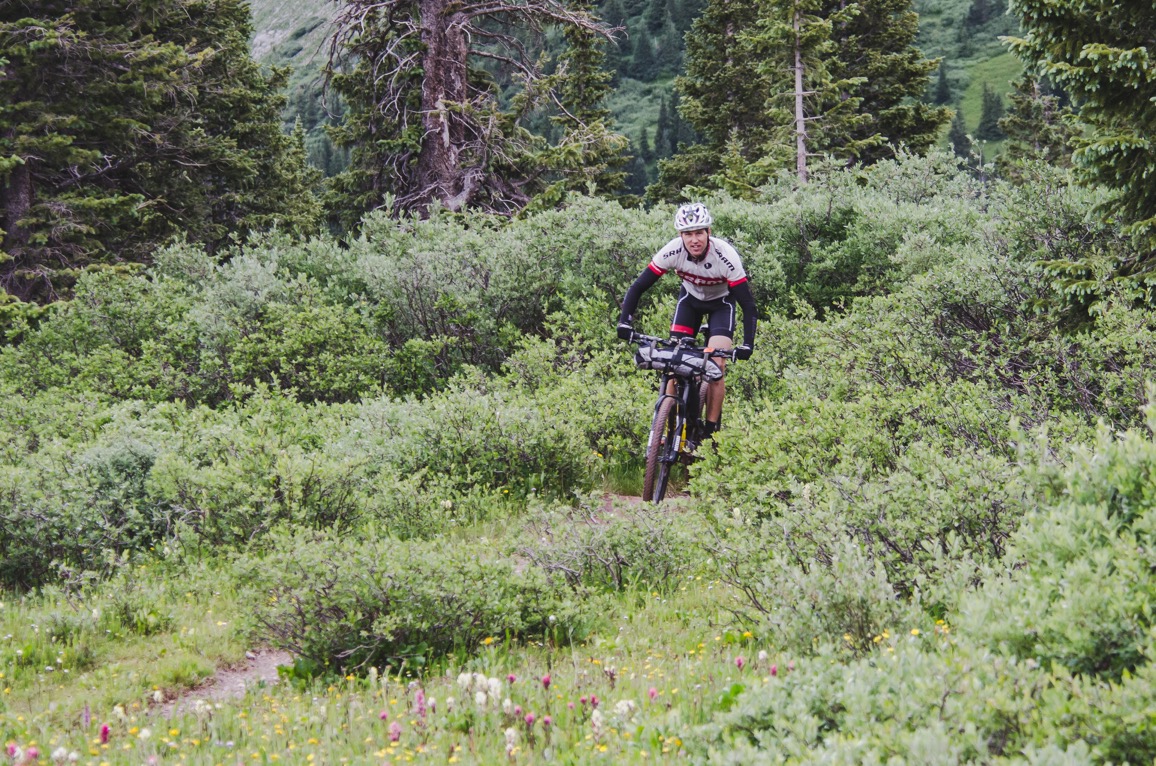
How long do you see yourself racing in events such as these?
I honestly could be done now and just live with the great memories on the CTR. I’m finally at peace with that event and I’ve been having so much fun trying to apply myself at a new challenge of rock climbing the last few years. It’s been hard to put the rope down in the early summer to focus on big rides to prepare for the CTR. But there are a few other bikepacking events that have caught my attention, and when the Colorado alpine melts out the dirt is so good it’s hard to resist going for a 10-hour ride to charge down every major descent I can find. It never feels like training when there are mountain trails to roost! I guess we will see what happens next summer!
Main photo of Jesse by Andrew Wracher; left two photos courtesy of Out There Colorado.
REFERENCES
[1] Schulz R, Curnow C: Peak performance and age among superathletes: track and field, swimming, baseball, tennis, and golf. J Gerontol 1988, 43: 113-120. [2] Allen SV, Hopkins WG: Age of Peak Competitive Performance of Elite Athletes: A Systematic Review. Sports Med. 2015 Jun 19.
Further Reading
Please keep the conversation civil, constructive, and inclusive, or your comment will be removed.




